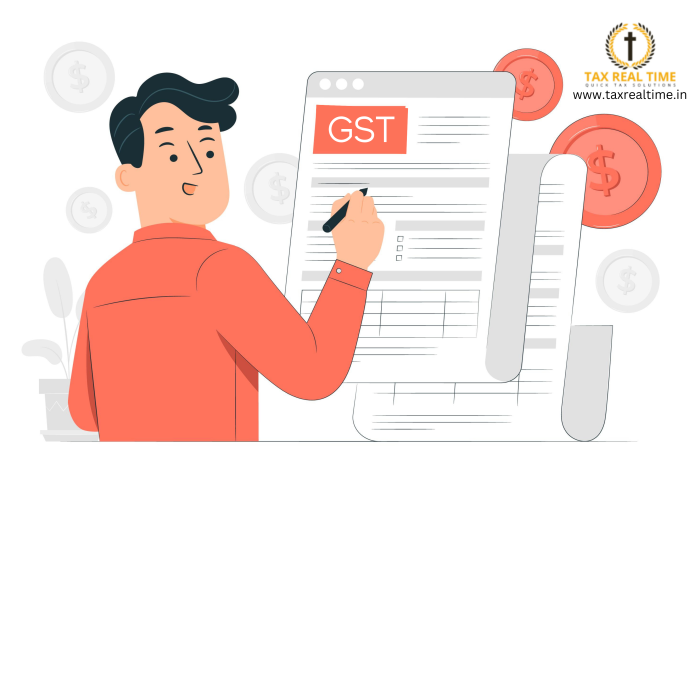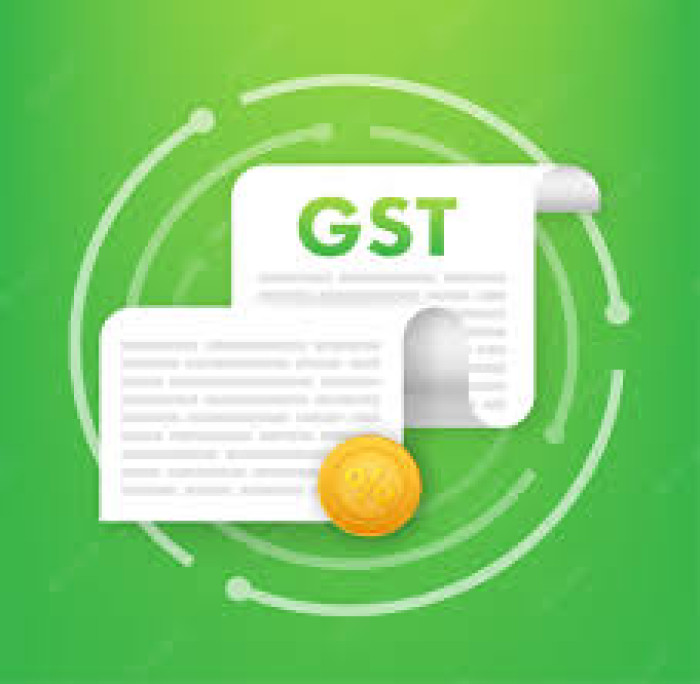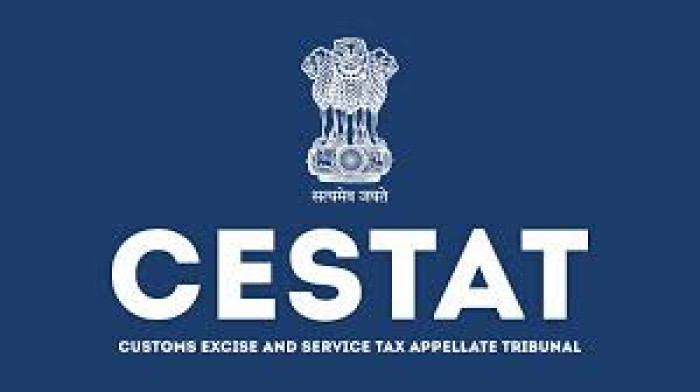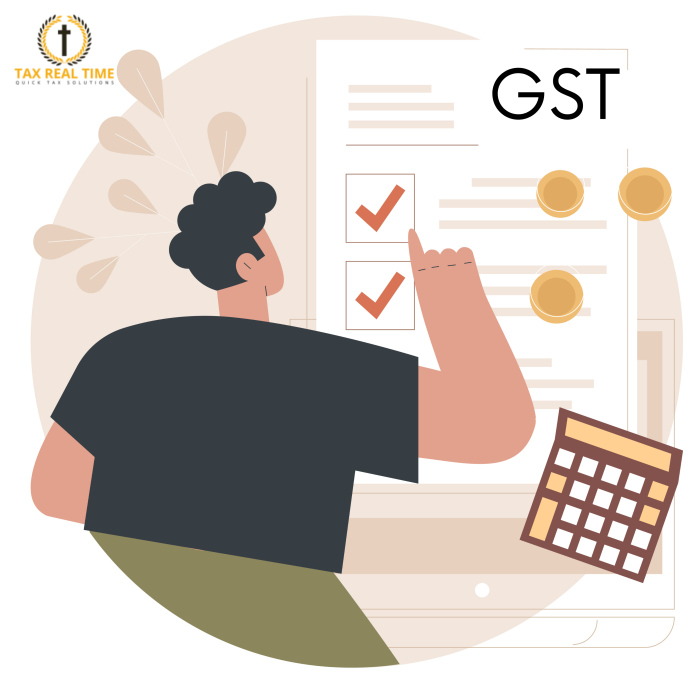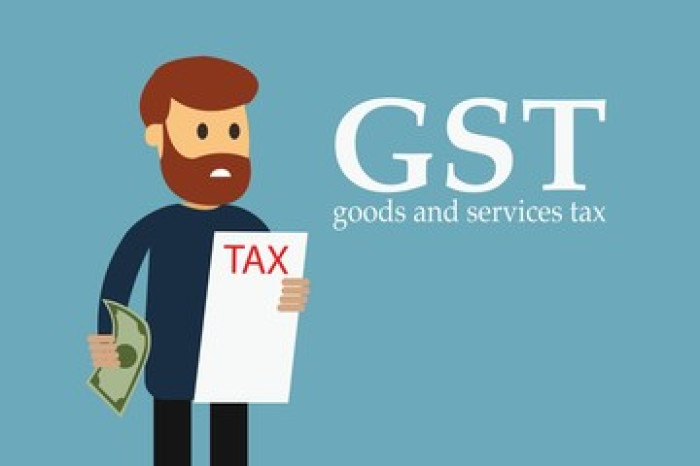GST – Allahabad High Court: Expiry of E-Way bill during transit due to driver’s ill health does not indicate intent to evade tax [Order attached]
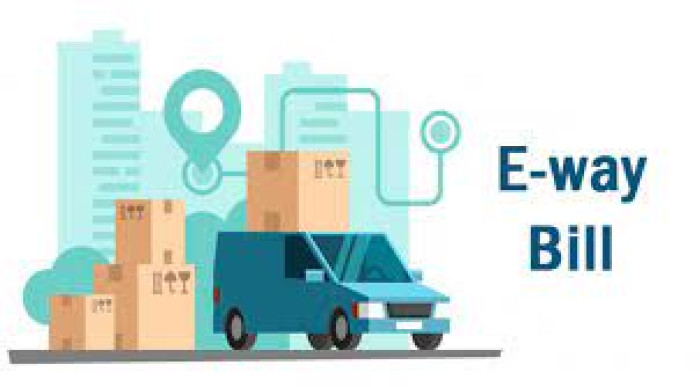

In a recent ruling, the Allahabad High Court addressed a case involving Kamla Machines, a company registered under the Haryana GST Act, which faced a penalty due to the expiry of an e-way bill during the transit of goods. The company had purchased machinery parts from Mumbai, with the transaction involving a bill-to-ship arrangement to Ojas Enterprises in Muzaffarnagar, Uttar Pradesh. The goods were transported with valid invoices and an e-way bill, which was set to expire on August 7, 2025. However, the delivery was delayed due to the driver's illness, leading to the interception of the goods on August 8, 2025, and a subsequent penalty of ₹9,29,678/- under Section 129(3) of the GST Act.
The petitioner argued that the delay was unintentional and adequately explained, challenging the penalty imposed. The core issue was whether the mere expiry of an e-way bill due to circumstances beyond the dealer's control justified such a penalty. The Court found that the transaction was legitimate, supported by valid documentation, and properly recorded on the GST portal. It recognized the driver's illness as a reasonable cause for the delay, ruling that the expiry of the e-way bill alone did not indicate an intention to evade tax.
Drawing on precedents, the Court concluded that the penalty proceedings were illegal and unsustainable, quashing the impugned orders and ruling in favor of Kamla Machines. This decision underscores the importance of considering unforeseen circumstances in transit and the legitimacy of transactions in determining tax-related penalties. The ruling also highlights the support for the bill-to-ship model under relevant GST provisions and circulars.
Your free trial / membership plan is expired.
Kindly subscribe to get complete access to indirect tax updates and issue wise cases
Why subscribe to us ?
Get complete access to news updates and download copy of case laws/ notification/ circular etc.
Be a part of our WhatsApp group and read real time indirect tax updates
Access to ready case laws of General Issues and Industry Wide Issues under GST
Access to relevant provisions of law / circular in respect to the issues, along with trail of their amendments
Write your GST query to us for evaluation
Subscription Charges:*
Indirect tax updates -
6 months @299 / 1 Year @499 only
Indirect tax updates + Issue wise cases -
6 months @1199 / 1 Year @1999 only
*Plus applicable GST
Admin
10-Nov-2025 22:09:51
In a recent ruling, the Allahabad High Court addressed a case involving Kamla Machines, a company registered under the Haryana GST Act, which faced a penalty due to the expiry of an e-way bill during the transit of goods. The company had purchased machinery parts from Mumbai, with the transaction involving a bill-to-ship arrangement to Ojas Enterprises in Muzaffarnagar, Uttar Pradesh. The goods were transported with valid invoices and an e-way bill, which was set to expire on August 7, 2025. However, the delivery was delayed due to the driver's illness, leading to the interception of the goods on August 8, 2025, and a subsequent penalty of ₹9,29,678/- under Section 129(3) of the GST Act.
The petitioner argued that the delay was unintentional and adequately explained, challenging the penalty imposed. The core issue was whether the mere expiry of an e-way bill due to circumstances beyond the dealer's control justified such a penalty. The Court found that the transaction was legitimate, supported by valid documentation, and properly recorded on the GST portal. It recognized the driver's illness as a reasonable cause for the delay, ruling that the expiry of the e-way bill alone did not indicate an intention to evade tax.
Drawing on precedents, the Court concluded that the penalty proceedings were illegal and unsustainable, quashing the impugned orders and ruling in favor of Kamla Machines. This decision underscores the importance of considering unforeseen circumstances in transit and the legitimacy of transactions in determining tax-related penalties. The ruling also highlights the support for the bill-to-ship model under relevant GST provisions and circulars.
Order Date: 6 November 2025
Case Title: Kamla Machines v. State of U.P. & Ors.
Case No.: Writ Tax No. 4506 of 2025
Facts
- The petitioner, Kamla Machines, registered under the Haryana GST Act, purchased machinery parts from Mumbai on a bill-to-ship transaction — billed to the petitioner and shipped to Ojas Enterprises, Muzaffarnagar (U.P.).
- Goods were transported in vehicle RJ 01 GB 8262, accompanied by valid invoices and e-way bill (valid until 07.08.2025).
- The driver fell ill en route, causing delay in delivery beyond the validity of the e-way bill. Upon interception on 08.08.2025, all documents matched the goods.
- Authorities seized the goods under Section 129(3) and imposed penalty of ₹9,29,678/-, upheld in appeal on 30.08.2025.
- The petitioner challenged the orders, arguing that the lapse was unintentional and adequately explained.
Issue
- Whether mere expiry of an e-way bill during transit, owing to circumstances beyond the dealer’s control, justifies penalty under Section 129(3) of the GST Act?
Order
- The Court held that no intention to evade tax could be inferred since the transaction was legitimate, covered by valid tax invoice and e-way bill, and duly recorded on the GST portal.
- The bill-to-ship model was a recognized transaction under Section 10(1)(b) of the IGST Act, and the State Circular dated 17.01.2024 explicitly supported this position.
- The illness of the driver constituted a reasonable cause for delay; hence, expiry of the e-way bill alone does not establish mens rea.
- Relying on M/s Trimble Mobility Solutions India Pvt. Ltd. v. State of U.P. (2025) and A.A. Plastics Pvt. Ltd. v. Addl. Commissioner (2024), the Court held that penalty proceedings under Section 129 were illegal and unsustainable. The impugned orders were quashed, and the writ petition was allowed in favour of the petitioner.
Related Post
Post Category
Your free trial/ membership plan has expired. Kindly subscribe to get complete access of tax news updates.

Why subscribe to us ?
Get complete access to news updates
Access to the Order Copy of the case law/ Notification/ Circular etc
Be a part of our Whatsapp group and read real time tax updates
Access to ready case laws/ circulars on general and industry-wide issues under GST
Submit your GST issues to us for evaluation








